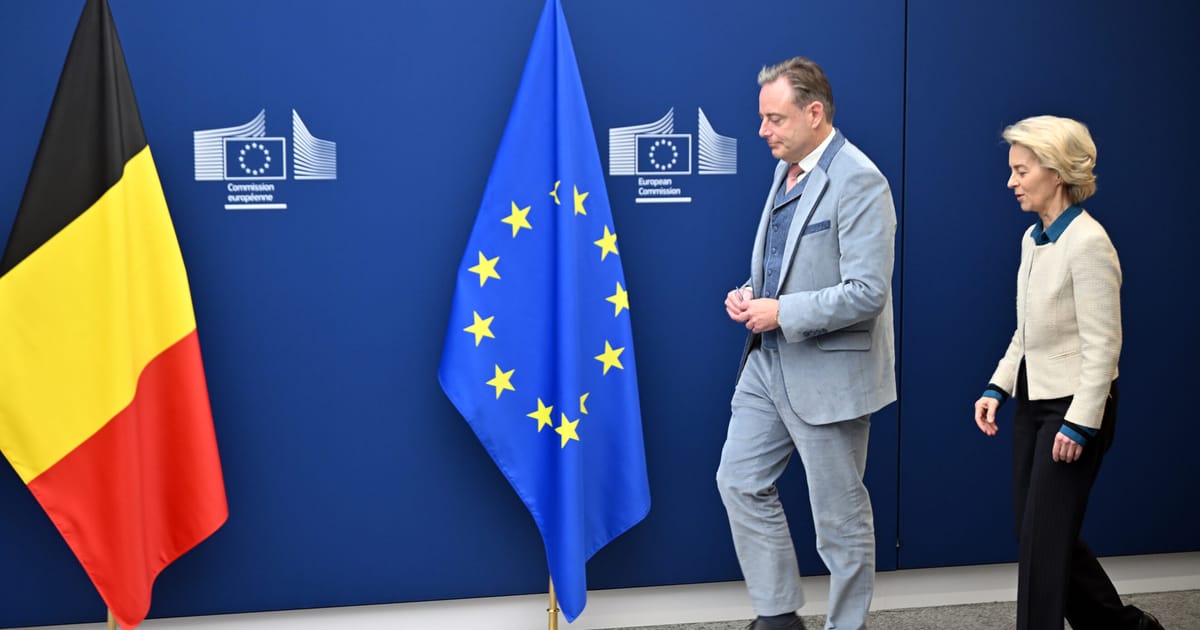Five diplomats from different European countries, however, complained that Belgium appears to have a secondary agenda in holding onto Russia’s money thanks to the tax generated. They noted Belgium was breaking an international commitment — made last year — to disclose what it was doing with tax from the frozen reserves, which is supposed to go to Ukraine.
The diplomats said the money was still being folded into the Belgian national budget, making it impossible to determine whether Belgium is fully living up to its commitments to Kyiv. The diplomats spoke on condition that they — and the countries they represent — remain anonymous. Belgium strenuously denies it is doing anything wrong.
If Belgium continues to push back on sending the frozen funds to Kyiv, the diplomats said, EU member countries will increasingly use meetings in the run-up to the European Council summit to question whether Belgium is profiting from the tax income or delaying payments to Ukraine. They also query whether Belgium is using regular tax revenue to support Ukraine — as other European countries are — or is simply relying on tax from the Russian reserves.
“In light of this ongoing foot-dragging behavior, one wonders whether it has actually been understood that it’s Europe’s security which is at stake here,” a senior EU diplomat told POLITICO.
“And in view of the data, there are doubts as to whether Belgium is delivering on its promise to sent its windfall tax gains to Ukraine.”
The money is hard to track, but diplomats questioning the numbers use sources such as the Kiel Institute, which pegs Belgium’s total commitment to Ukraine at €3.44 billion between the start of the war and Aug. 31, 2025. To put that in context, the tax from the Russian assets totaled €1.7 billion in 2024 alone.

